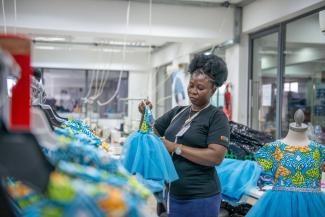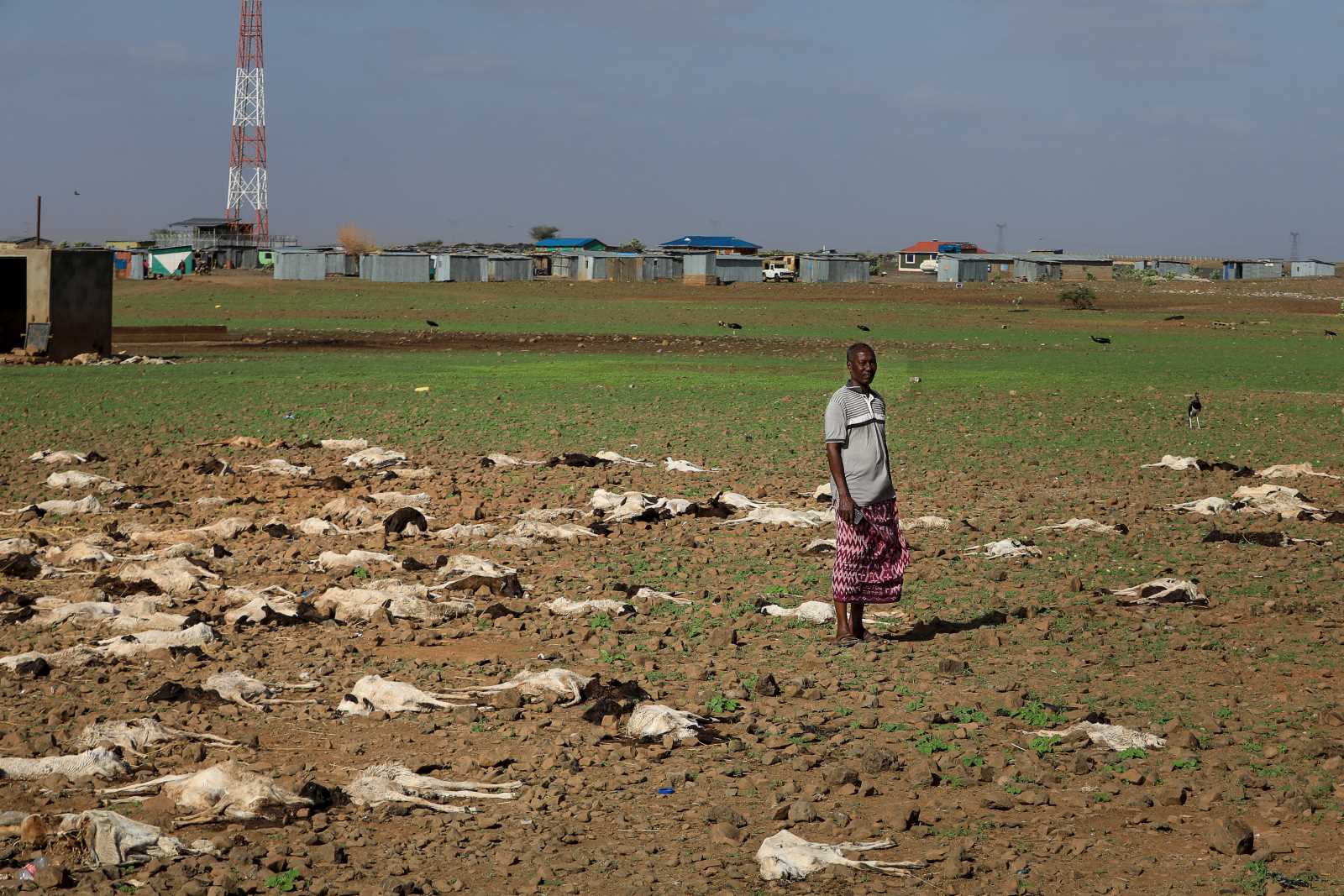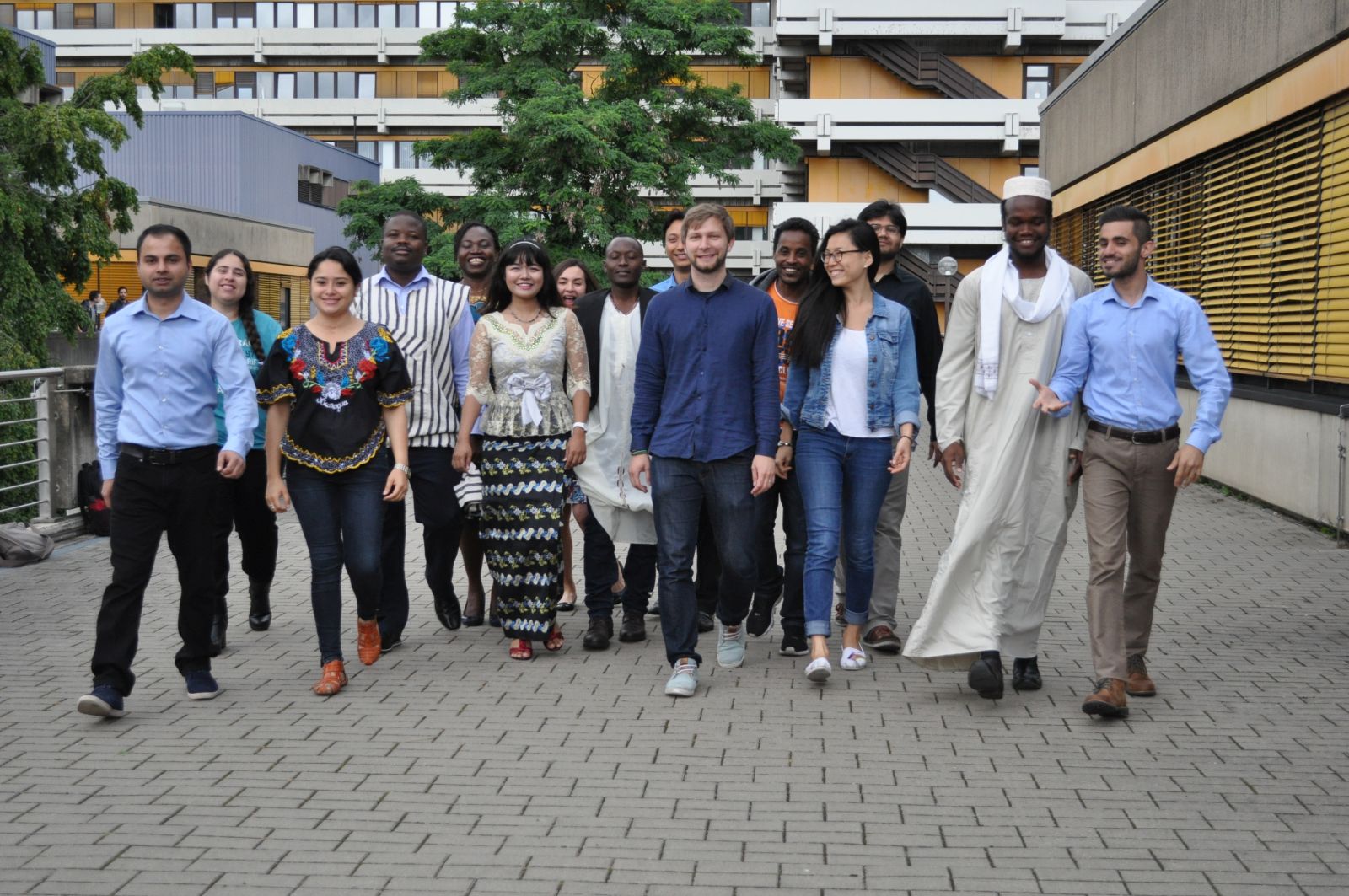Development finance institution
Bigger markets, more opportunities

Why do developing countries need free trade?
Economic history tells us that exports have always facilitated industrialisation and broader-based prosperity. Exports generate jobs and additional incomes. That was a driver of development in today’s industrialised nations, and that has not changed.
Even a very populous country like Bangladesh, with twice as many inhabitants as Germany, needs access to global markets to propel forward its garment industries. Is the reason that, in view of widespread poverty, domestic demand is too weak?
Yes, domestic demand certainly matters. The economies of developing countries tend to be quite small and hardly diversified. That is particularly so in Africa. Small economies offer fewer opportunities. That is not only true in regard to selling consumer goods; it applies to every kind of good or service. In Germany, the demand for engineering goods is strong, and as a result, the German engineering industry is strong too. The bigger markets become, the more opportunities they offer.
The World Trade Organization (WTO) seems to be losing authority fast these days. Do regional organisations such as the East African Community (EAC) or the Economic Community of West African States (ECOWAS) and the trade agreements they strike with the European Union provide the opportunities their member countries need?
Access to the European market without tariffs or quotas is obviously valuable. Experience shows, moreover, that regional integration improves economic opportunities for all parties involved. Regional agreements are therefore very important, but the WTO’s global coordinating role is of great relevance too, and it should not be in doubt.
So the plans for a pan-African trade agreement make sense?
Yes, they certainly do, but since it is not easy to adopt and enforce shared rules, integration is a big challenge. EU history tells us so. Where integration is accomplished, however, we see massive economic advantages. For example, regional integration helps to attract foreign investors because they see that they can now serve greater demand. Obviously, the outlook of domestic firms improves in the same way. As they expand, moreover, their demand for labour, supplies, factories, services et cetera increases. And to the extent that borders cause fewer costs and less time-loss, companies find it easier to become involved in international supply chains.
But doesn’t that mean that small companies become subordinate to the interests of multinational corporations? Is that really desirable?
The companies concerned are keenly aware of the advantages that cooperating with international partners brings. For example, contributing components to international supply chains means benefiting from the transfer of technology and know-how. Integration in value chains means getting access to the world market with its huge potentials. Among other things, companies must comply with environmental and social standards, which are increasingly becoming the international norm. In our discussions with African business partners we notice more appreciation of the advantages of making business operations sustainable, as well as more open-minded responses to related proposals.
What kind of private-sector company is particularly likely to drive social and environmental development?
Typically, small and mid-sized family enterprises play helpful roles. And once again, we have historical precedents in rich nations. Family businesses want to build something lasting. They are not interested only in short-term profit maximisation. Moreover, they are often engaged in community building – not least, because they know that their operations will benefit from a stable social environment. They fully understand, of course, that education and health facilities matter very much if they want to have motivated staff in the long run. The most important point, however, is that the private sector is the engine that drives employment and incomes. Without the private sector, there can be no prosperity. We do not only support relevant companies by providing finance, but also offer advice on things like energy efficiency or human-resources development. At DEG, we are proud of these “Business Support Services”.
DEG is cooperating with businesses from Europe as well as from developing countries and emerging markets. What do German small- and mid-sized enterprises consider when contemplating investments in Africa?
They always want to understand the market potential and the local business environment. The number and purchasing power of possible customers is relevant, but so are things like people’s level of education, electric power supply, the rule of law (see Christiane Rudolph in Focus section in D+C/E+Z e-Paper 2019/01) and so on. That is why we welcome and endorse the Compact for Africa, which the G20 launched according to a German proposal at the Hamburg summit in 2017. It is geared to improving the business environment systematically. All parties involved know that African markets are comparatively small and fragmented – and that this fact limits their long-term development opportunities.
Christiane Laibach is the chairwoman of the Management Board of DEG – Deutsche Investitions- und Entwicklungsgesellschaft. DEG is a subsidiary of KfW group. Its mission is to promote private-sector activity in developing countries and emerging markets.
presse@deginvest.de












